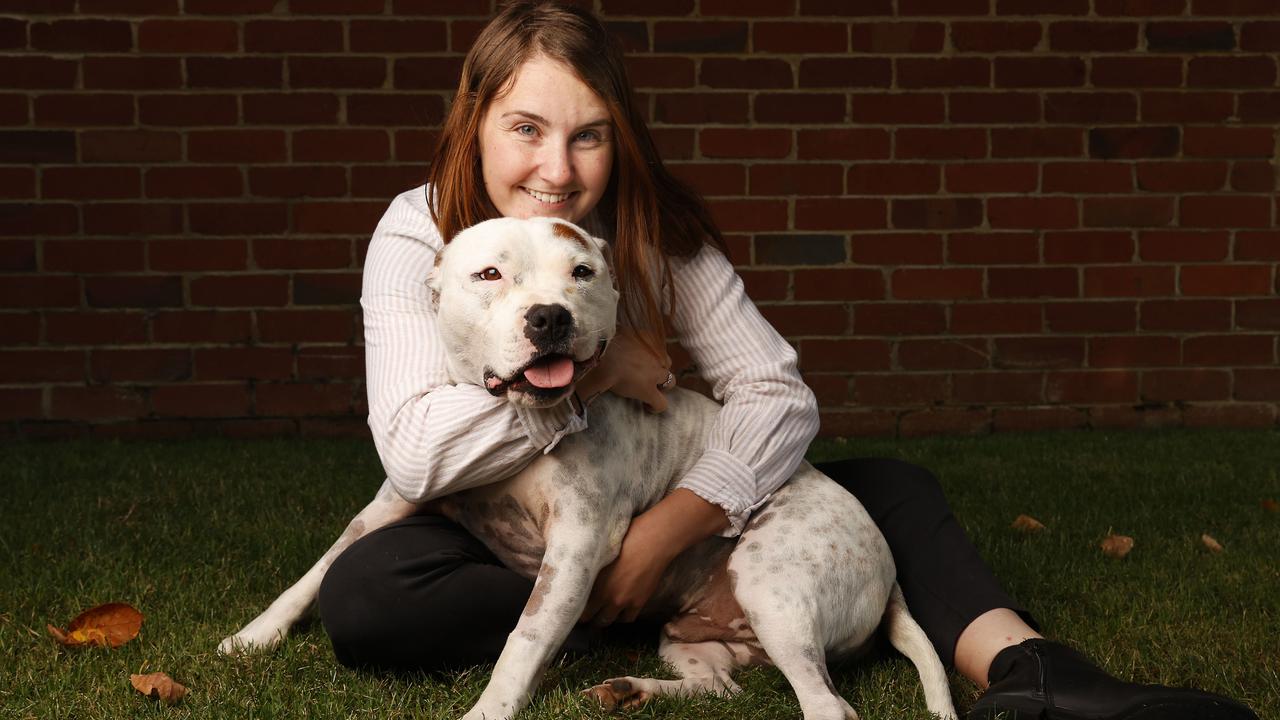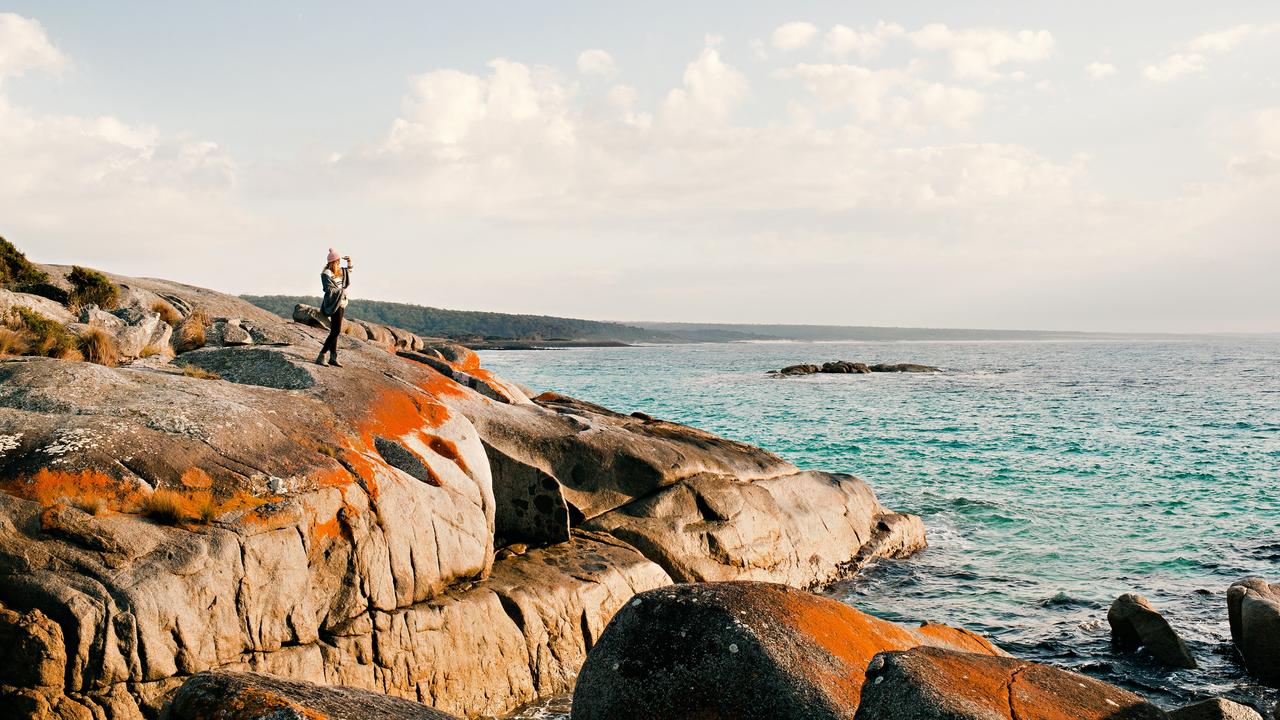Tasmanians urged to support rock lobster fishermen amid NSW Covid slowdown for the industry
The ongoing mainland lockdowns has come as a blow to our rock lobster fishermen, who are now calling on Tasmanians to support them and buy their surplus stock — at a cheap price. WHERE YOU CAN BUY >>>
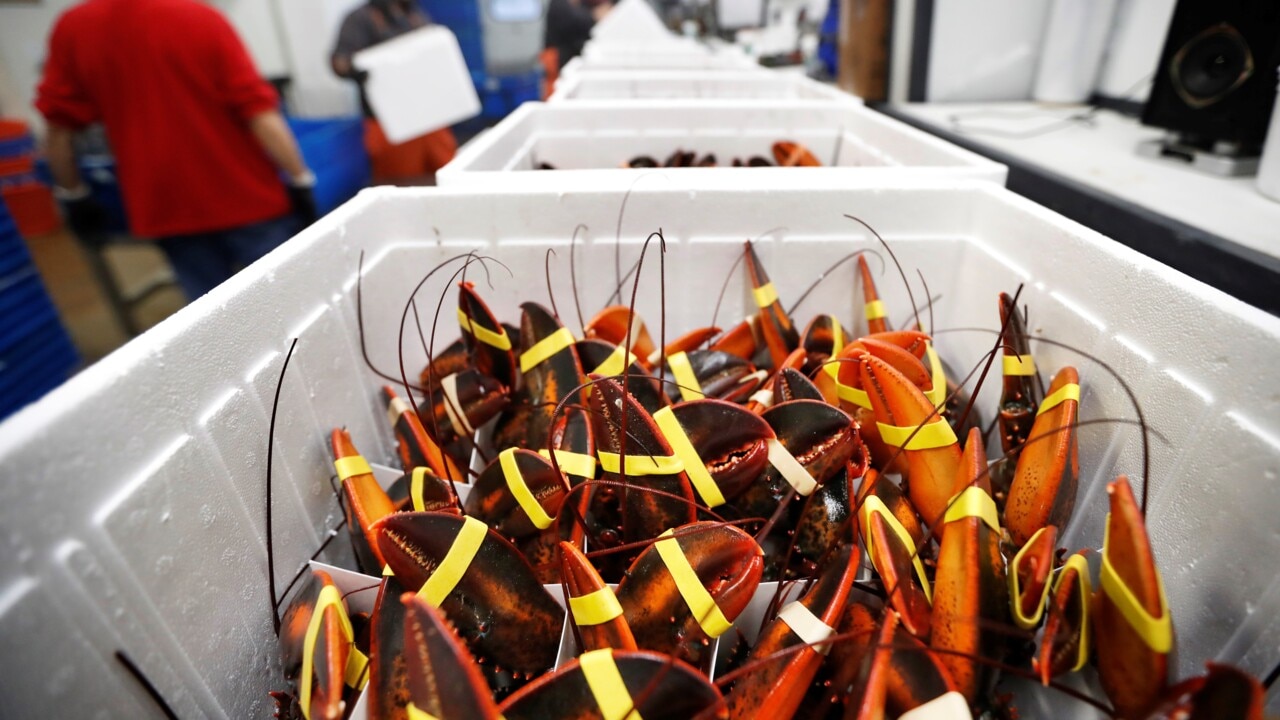
Tasmania
Don't miss out on the headlines from Tasmania. Followed categories will be added to My News.
- Tasmanians shuts to Brisbane after Qld calls snap lockdown
- Cape Fear organisers make disappointing call on competition
SYDNEY’S ongoing lockdown has come as a blow to Tasmania’s rock lobster fishermen, who are now calling on Tasmanians to support them and buy their surplus stock.
Bradshaw’s Southern Rock Lobster is selling the product for $50/kg at Hobart’s Franklin Wharf from its blue boat, the Marie 1.
Fisherman Stephen Bradshaw said about 80 per cent of the crays he caught would normally be going to NSW, but lockdown rules have closed restaurants that would typically order them.
“The way they are talking at the moment, they reckon [the lockdown will last] a minimum of four weeks, and our season ends at the end of August,’’ he said.
“All the factories, they are full of crays and they are waiting to sell them, but you can only keep so many in your tanks.”
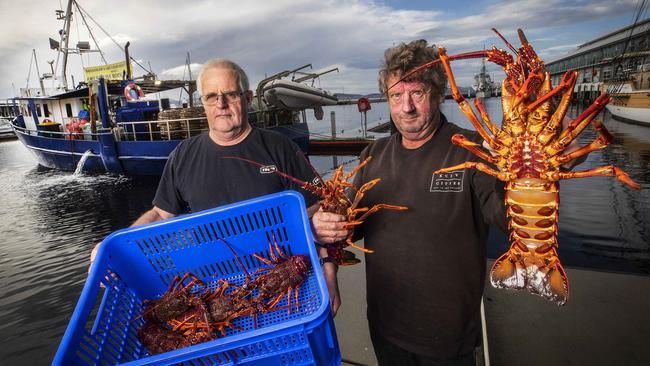
In Mr Bradshaw’s case, his business has almost 1000 crayfish available to sell, encouraging Tasmanians to support them.
“Come down and grab some,’’ said Mr Bradshaw, who said the industry had been a big part of his life “since I had a pair of gumboots”.
Tasmanian Seafood Industry Council chief executive Julian Harrington said NSW was one of the largest markets for much of the state’s seafood.
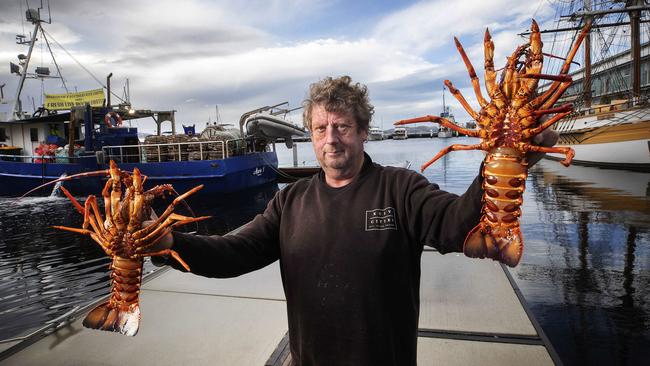
“As soon as NSW goes into lockdown, orders get cancelled and fishermen can’t go fishing and get stuck with what’s on their boat,’’ he said.
Mr Harrington encouraged Tasmanians to get behind their local fishermen, who had also suffered the impacts on international markets during Covid.
“There’s a whole diverse range of seafood right here on our doorstep,’’ he said.
“By supporting fishermen, you are supporting the regional communities they live in.”


